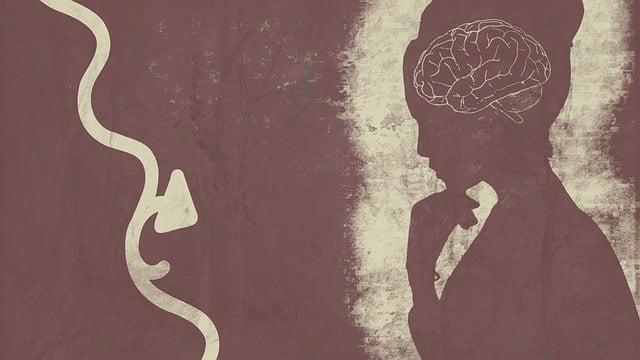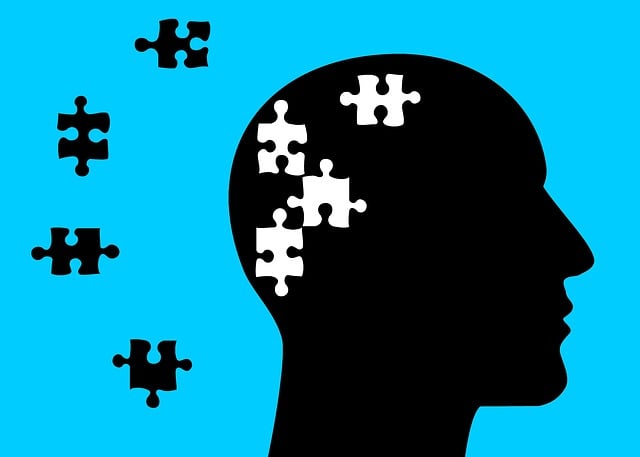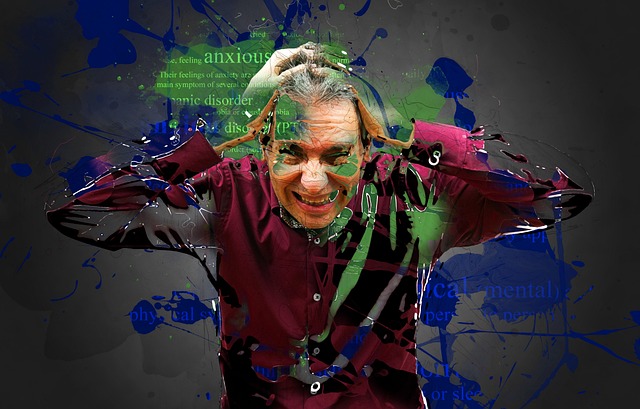Accurate media portrayal of mental illness is vital for challenging stereotypes, reducing stigma, and promoting empathy. Simplistic or exaggerated depictions can discourage individuals from seeking help. Denver Anger Management Therapy (DAMT) offers a holistic approach to address this issue by providing diverse, nuanced representations of mental health struggles, collaborating with experts, and featuring both recovery narratives and setbacks. Responsible media representation, combined with education in schools and professional settings, can foster understanding and provide guidance for those dealing with mental illness, ultimately reducing stigma and improving public support.
Mental illness representation in media is a complex issue, often perpetuating harmful stereotypes or spreading misinformation. This article explores strategies towards more accurate and positive portrayals. We delve into the impact of media stereotypes, highlighting how they can influence societal perceptions and contribute to stigma. A case study featuring Denver Anger Management Therapy showcases an effective approach to challenging these norms. Furthermore, we present actionable strategies for media professionals and discuss the power of awareness and education in fostering change.
- Understanding Mental Illness Representation in Media
- The Impact of Stereotypes and Misinformation
- Denver Anger Management Therapy: A Case Study
- Effective Strategies for Positive Portrayal
- Fostering Change through Awareness and Education
Understanding Mental Illness Representation in Media

Understanding mental illness representation in media is a crucial step towards challenging negative stereotypes and fostering empathy among audiences. Media outlets play a significant role in shaping public perception, and inaccurate or limited portrayal of mental health issues can perpetuate misconceptions. It’s essential to recognize that mental illnesses are complex and diverse, affecting individuals differently. Portraying these conditions with sensitivity and authenticity involves consulting experts like Denver Anger Management Therapy professionals who can provide insights into the nuances of various disorders.
This process includes not only showing characters struggling with mental health challenges but also depicting their journeys towards healing and recovery realistically. By doing so, media can help reduce the stigma surrounding mental wellness, encourage support for those in need, and promote effective risk management planning for mental health professionals. Inner strength development is often a theme that resonates with audiences when portrayed accurately, fostering a deeper understanding of the resilience required during such endeavors.
The Impact of Stereotypes and Misinformation

The media’s portrayal of mental illness often reinforces stereotypes and spreads misinformation, which can have profound effects on society’s understanding of these conditions. When media characters with mental health struggles are depicted through simplistic or exaggerated lenses—such as the “madman” or “suicidal teen” tropes—it risks reducing complex disorders to mere headlines or sensationalized storylines. Such representations fail to capture the nuances and diversity of mental illness, leading to a limited perspective for viewers. This can hinder people’s willingness to seek help, especially if they identify with these stereotypical characters.
For instance, focusing solely on the dramatic crises associated with mental health may discourage individuals from recognizing milder symptoms or understanding that recovery is possible. This is particularly concerning for those seeking Denver Anger Management Therapy or support for less prominently discussed conditions. Public Awareness Campaigns Development can play a vital role in countering these negative portrayals by promoting accurate and sensitive representations, fostering Cultural Sensitivity in Mental Healthcare Practice, and encouraging open conversations about mental health challenges and available treatment options, such as Self-Care Routine Development for Better Mental Health.
Denver Anger Management Therapy: A Case Study

In recent years, Denver Anger Management Therapy (DAMT) has emerged as a pioneering approach in addressing mental illness representation in media. This case study highlights DAMT’s effectiveness in managing anger-related issues within the community. By combining individual therapy with group sessions and community outreach programs, DAMT offers a holistic solution tailored to diverse populations. The program’s success lies in its ability to foster emotional well-being promotion techniques, ensuring participants develop healthy coping mechanisms.
Moreover, the integrated risk assessment for mental health professionals enables DAMT to identify and support individuals at various stages of anger management. Through this comprehensive approach, the community is witnessing a shift towards more accurate and empathetic portrayals of mental illness in media. Community outreach program implementation has been pivotal in reaching underserved populations, emphasizing the accessibility and inclusivity of this innovative therapy model.
Effective Strategies for Positive Portrayal

Mental illness is often misrepresented in media, perpetuating harmful stereotypes and contributing to stigma. To challenge these negative portrayals, a few effective strategies for positive representation include showing diverse characters with genuine struggles, consulting with mental health experts, and featuring recovery narratives alongside setbacks. By presenting a more nuanced view of mental health, media can foster understanding and empathy among audiences.
Incorporating accurate and sensitive depictions of mental illness requires collaborative efforts from writers, producers, and therapists like those offering Denver Anger Management Therapy. Highlighting successful stress reduction methods or anxiety relief techniques in popular culture can serve as valuable crisis intervention guidance, encouraging viewers to seek support when needed. Ultimately, responsible media representation can help reduce stigma and promote a healthier conversation around mental wellness.
Fostering Change through Awareness and Education

In the pursuit of fostering positive change regarding mental illness representation, awareness and education play a pivotal role. Media has long been criticized for its stereotyped and inaccurate portrayals of mental health, contributing to the stigmatization and misunderstanding of various conditions. By promoting accurate narratives and incorporating diverse characters with mental illnesses, media can significantly shift public perception. This includes showcasing individuals successfully managing their symptoms through effective treatments like Denver Anger Management Therapy, Social Skills Training, and Resilience Building initiatives.
Education is a powerful tool for challenging societal norms. Encouraging open conversations about mental health in schools, workplaces, and communities can lead to early intervention and support systems. Mental Health Professionals can contribute by implementing robust Risk Management Planning, ensuring they are equipped to handle their clients’ diverse needs while promoting recovery. Through these collective efforts, we can create a more inclusive and supportive environment for individuals navigating mental illness.
In conclusion, mental illness representation in media has long been a topic of contention, with stereotypes and misinformation perpetuating harmful narratives. However, initiatives like Denver Anger Management Therapy demonstrate that positive portrayal is achievable. By implementing effective strategies such as awareness campaigns and education programs, we can foster a more nuanced understanding of mental health issues. Through these efforts, the media can play a pivotal role in challenging negative perceptions, ultimately leading to greater empathy and support for individuals living with mental illness.












